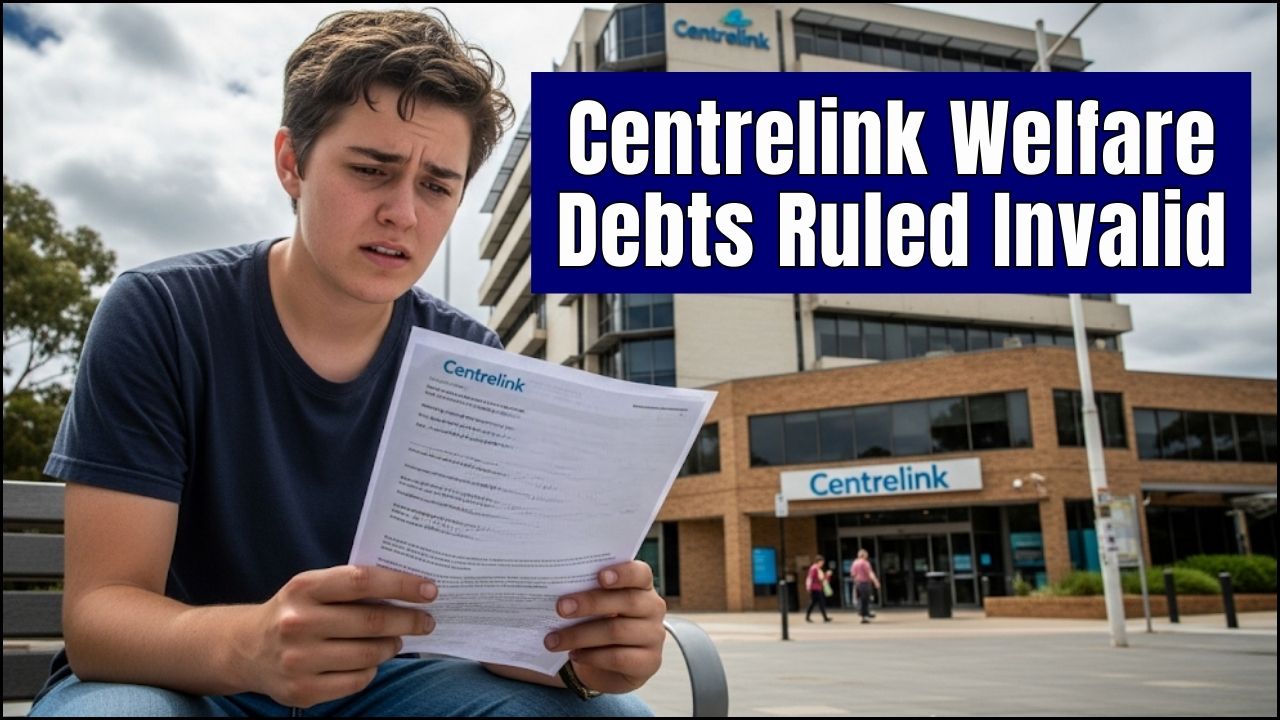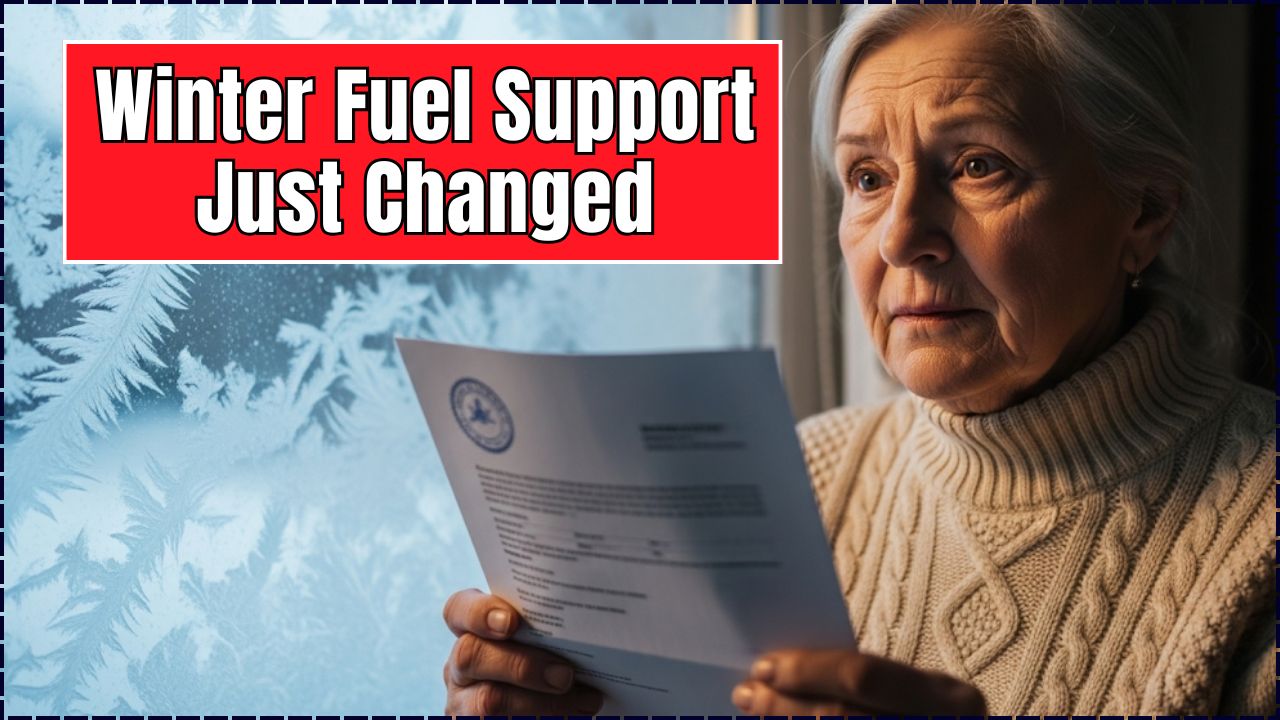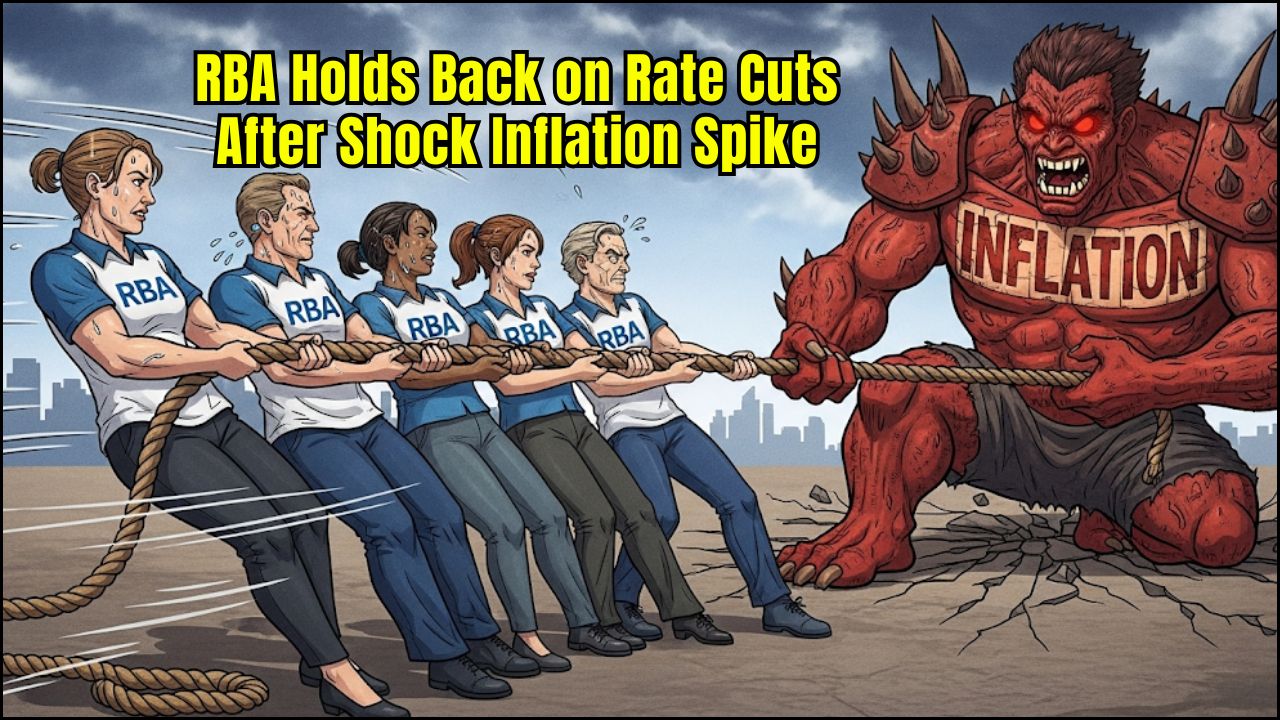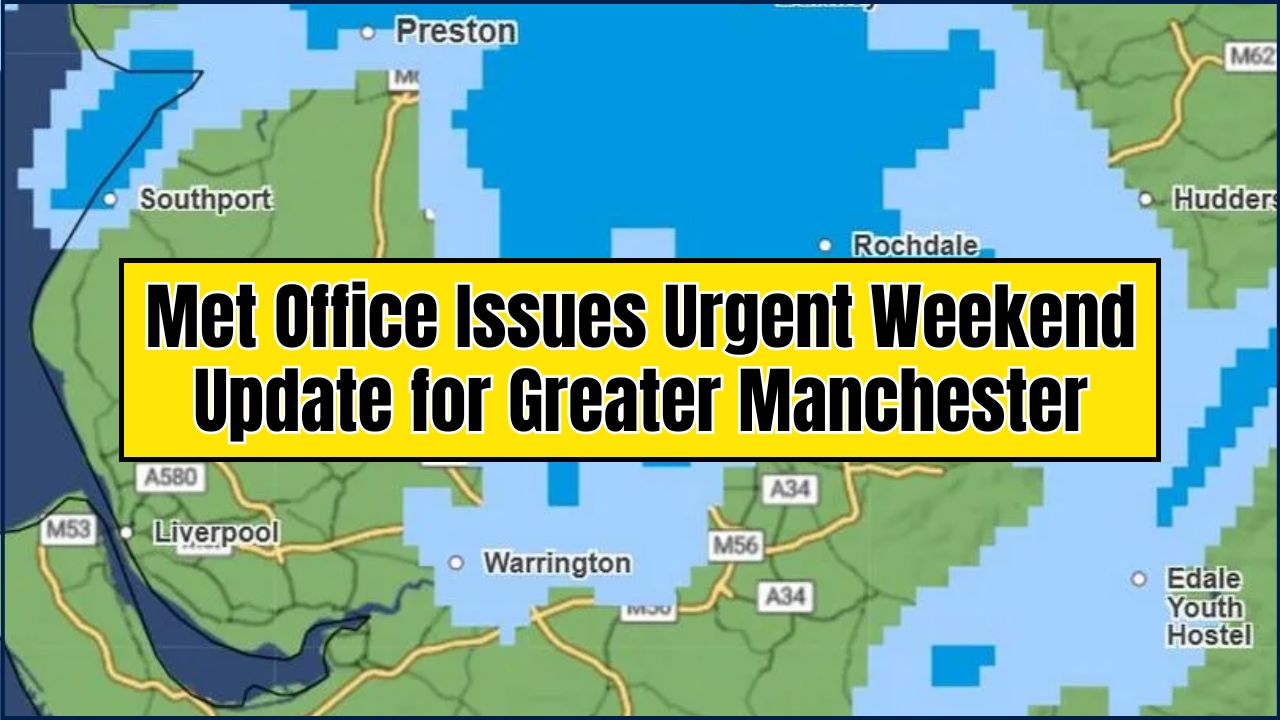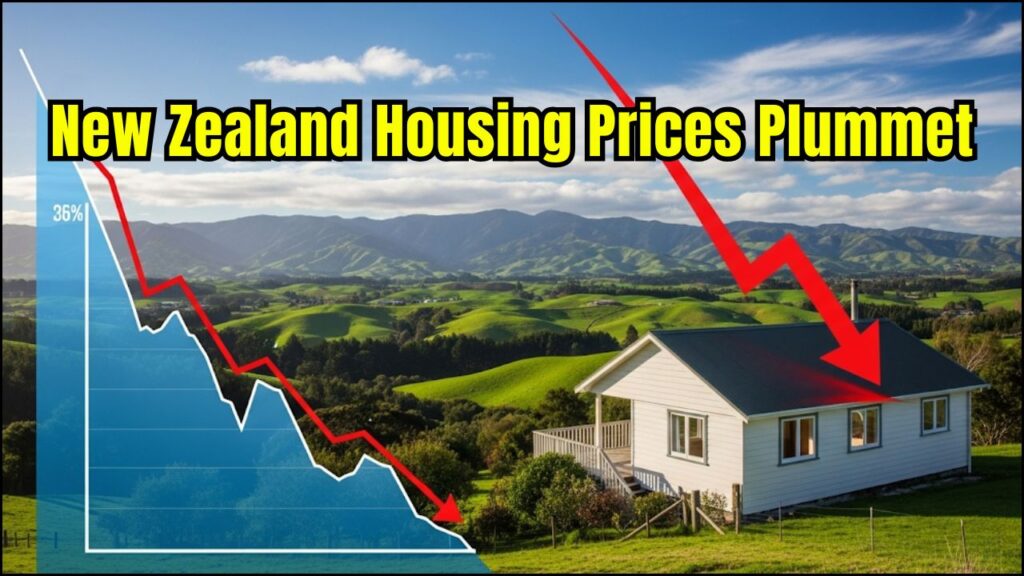
The housing market in New Zealand has experienced a dramatic plummet in recent years, leaving homeowners, investors, and potential buyers wondering what’s behind the sudden decline. In fact, property values have dropped by an alarming 17% nationwide and a staggering 20% in major cities like Auckland and Wellington. This decline, while significant, is not necessarily a sign of a “housing crisis,” but rather a market correction after a period of rapid price hikes during the COVID-19 pandemic. To better understand the reasons behind this historic decline, we’ll explore the key factors causing the drop in New Zealand’s housing market and what the future holds.
New Zealand Housing Prices Plummet
| Key Fact | Details |
|---|---|
| Nationwide Housing Price Drop | 17% drop in property values over the past 3 years. |
| Major City Declines | Auckland and Wellington saw a 20% decline. |
| Rising Interest Rates | Mortgage rates increased due to the Reserve Bank of NZ’s actions. |
| Economic Slowdown | Unemployment rates expected to rise to 5.4% by 2025. |
| New Housing Supply | Housing supply outpaced demand, contributing to price drops. |
| Climate Change Impact | Severe weather events affected housing markets in some regions. |
| Government Housing Policies | Change in first-home buyer support and funding shifts. |
New Zealand’s housing market has been on quite the rollercoaster, and the recent decline in property values reflects a complex mix of rising interest rates, economic factors, oversupply, and shifting government policies. For prospective buyers and investors, understanding these dynamics is crucial for making informed decisions. While the market may show signs of stabilization, buyers should proceed with caution and keep an eye on upcoming policy changes and economic shifts. It’s a challenging time for the housing market, but opportunities may arise for those who stay patient and informed.
The Great Housing Decline: What’s Going On?
Over the past few years, New Zealand’s housing market has been on quite a ride. In 2020, the market saw huge increases in property values. The demand for homes skyrocketed as people took advantage of low interest rates and sought more space due to the pandemic. However, things have shifted dramatically. Property prices have fallen, leaving many people scratching their heads. So, what’s driving this historic decline?
Let’s break it down.
1. Rising Interest Rates
One of the most significant factors behind the drop in New Zealand housing prices is the rapid rise in interest rates. The Reserve Bank of New Zealand (RBNZ) made aggressive moves to curb inflation by hiking the official cash rate. These rate hikes have led to higher mortgage costs, making it more expensive for potential buyers to borrow money and purchase homes. As borrowing becomes more expensive, fewer people are able to enter the market, and demand begins to fall.
In 2024, the official cash rate was reduced by 2.25% to ease mortgage rates, which helped alleviate some of the pressure. However, the damage had already been done. Buyers have become more cautious, and sellers are often reluctant to let go of their properties for less than they paid for them. The result? A slowdown in the market, which further contributes to price declines.
2. Economic Slowdown and Job Insecurity
New Zealand’s economy has been facing its own set of challenges. The unemployment rate, which was 3.6% in 2024, is predicted to rise to 5.4% by 2025. This increase is partly due to job cuts in the public sector, which saw more than 9,500 job losses by mid-2025. With fewer people employed and job security becoming a growing concern, the demand for housing has slowed.
As people worry about their financial future, many are opting to delay major purchases, including homes. The loss of income stability has caused potential buyers to hesitate, and as a result, housing prices have continued to slide. This slowdown in economic activity, combined with job insecurity, has dampened consumer confidence, further contributing to the housing market decline.
3. Increased Housing Supply
While demand for homes has decreased, the supply of housing has continued to grow. In fact, New Zealand has seen a surge in new housing developments, particularly in cities like Auckland. With more homes on the market than ever before, it’s no surprise that prices have softened. There are simply too many properties available for sale, and fewer buyers are willing to pay top dollar for them.
In addition, a significant portion of these newly developed properties are either unoccupied or struggling to find buyers due to high pricing. The increase in housing supply has led to an oversaturation of the market, further driving down prices. Sellers are now finding it harder to secure buyers at their desired price points.
4. Climate Change and Policy Shifts
New Zealand’s exposure to natural disasters such as floods, earthquakes, and other extreme weather events has led to growing concerns about the long-term impact of climate change on property values. In particular, regions that are more vulnerable to floods and rising sea levels are starting to see a shift in public sentiment.
The government has been reconsidering its policies regarding compensation for homeowners affected by climate-related disasters. As severe weather events become more frequent, these concerns are likely to grow, affecting the buying decisions of future homebuyers.
5. Changes in Government Housing Policies
To add another wrinkle to the situation, the New Zealand government has made several changes to its housing policies. For example, the government scrapped the NZ$60 million first-home grant program, which had been a significant aid to first-time homebuyers. Instead, funds were redirected to support social housing, making it harder for first-time buyers to break into the market.
This policy shift has further reduced the pool of buyers, particularly for those looking to purchase their first home. Without the necessary financial support, many are opting to stay put rather than risk entering a volatile market.
How Are Different Groups Affected?
The housing market downturn doesn’t affect everyone in the same way. Let’s break down how different demographics are experiencing the drop in prices.
First-Time Homebuyers
For many first-time homebuyers, the sudden increase in mortgage rates and the loss of government support has made it much harder to get into the housing market. With fewer financial incentives and rising interest rates, many are forced to continue renting or stay with family instead of purchasing their first home.

Investors
For property investors, the market drop presents both challenges and opportunities. While many are seeing their property values decrease, those with a long-term view may see this as a time to purchase properties at a discount. Investors with cash reserves or access to lower-interest financing may find this as a good opportunity to add to their portfolios.
Homeowners
Existing homeowners who purchased property during the boom years are now seeing their properties drop in value. Many of them may face negative equity, where their home is worth less than what they owe on their mortgage. This can create financial pressure and a reluctance to sell.
What’s Next for the New Zealand Housing Market?
So, what does the future hold for New Zealand’s housing market? While the market remains subdued, there are signs that things may be starting to stabilize. In June 2025, the median house price showed a slight increase of 0.6%, suggesting that the market may be bottoming out. However, potential buyers are still proceeding with caution, taking longer to make decisions and carefully weighing their options.
Experts predict modest growth in housing prices in 2025. Predictions range from 2.5% to 6% growth, driven by factors like easing interest rates and ongoing housing shortages. While these forecasts are more optimistic than the current state of the market, they reflect a more cautious approach.

